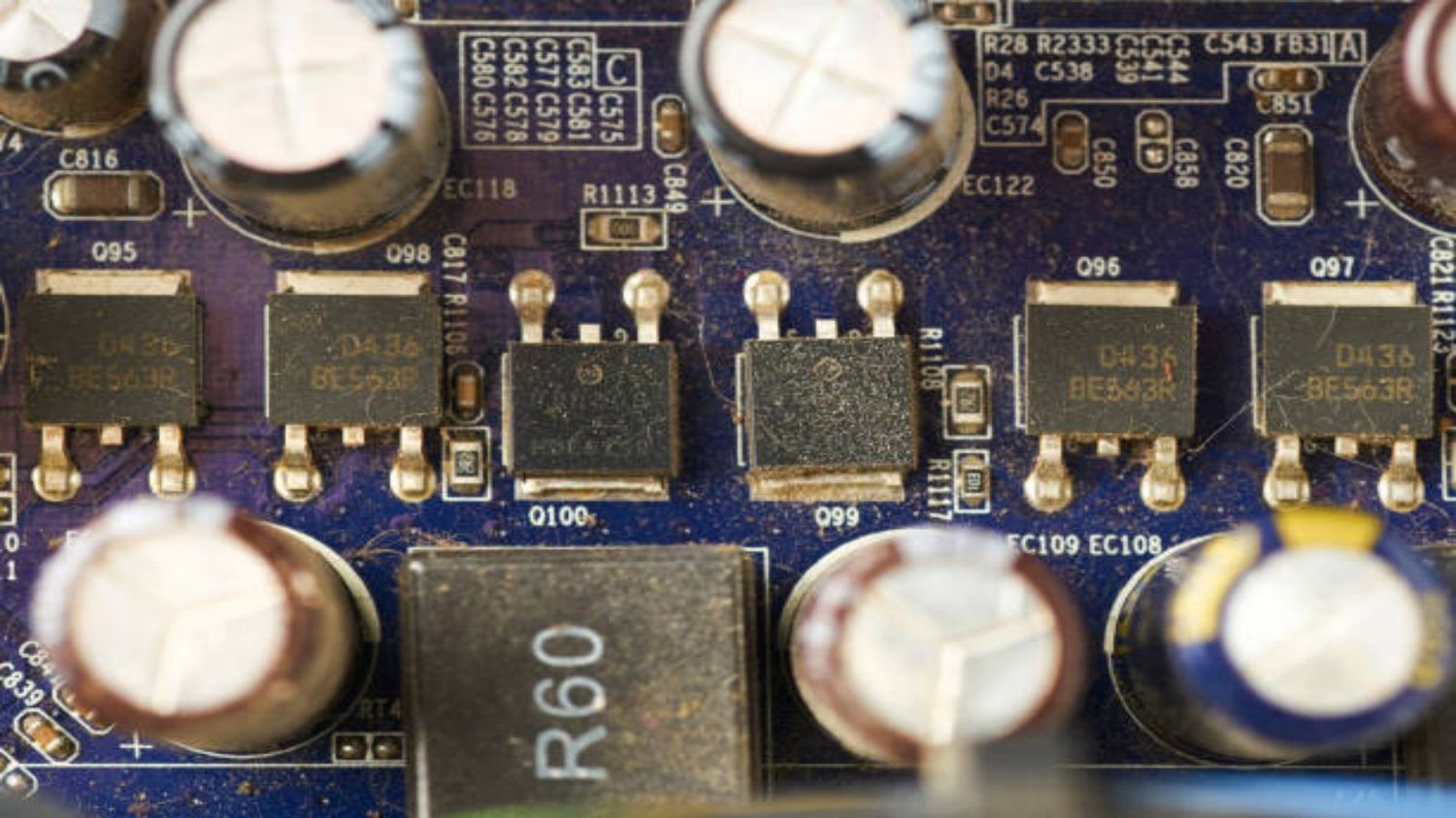Table of Contents

The Role of an inductor on dc supply: A Comprehensive Guide
When it comes to understanding the intricate workings of electrical circuits, one component that plays a crucial role is the inductor. An inductor on a DC supply serves multiple purposes, from energy storage to maintaining current stability. In this article, we will dive deep into the various aspects of an inductor on a DC supply, shedding light on its significance and functionality.
1. What is an Inductor?
Before delving into the specifics of an inductor's role on a DC supply, it is essential to understand what an inductor is. An inductor is a passive electronic component that stores energy in its magnetic field when an electric current flows through it. It consists of a coil of wire wound around a core material, typically made of ferrite or iron.
2. Inductor Basics
An inductor primarily resists changes in current flowing through it, creating a back EMF (electromotive force) that opposes the applied voltage. This property is known as inductance and is measured in henries (H). Inductors can be used in various applications, such as energy storage, filtering, and impedance matching.
3. Energy Storage in Inductors
One of the key roles of an inductor on a DC supply is energy storage. When connected to a DC power source, an inductor stores energy in its magnetic field. This stored energy can be released back into the circuit when the current flowing through the inductor changes or is interrupted. This property makes inductors vital in applications where a temporary power source is required.
4. Inductor's Effect on Current Stability
Another significant aspect of an inductor on a DC supply is its ability to maintain current stability. Inductors resist changes in current, preventing sudden spikes or drops in current flow. They act as a buffer, smoothing out any variations in the current and ensuring a steady flow of electricity. This feature is particularly useful in sensitive electronic devices that require a constant and reliable power supply.
5. Filtering with Inductors
Inductors are commonly used in filtering circuits to remove unwanted noise or ripple from a DC power supply. By connecting an inductor in series with a load, it can block high-frequency noise while allowing the desired DC current to pass through. This filtering property helps improve the overall performance and reliability of electronic devices.
6. Inductors in DC-DC Converters
DC-DC converters are electronic devices that convert a DC input voltage to a different DC output voltage. Inductors play a crucial role in these converters by storing and transferring energy between input and output stages. They help regulate the voltage and current levels, ensuring efficient power conversion.
7. Inductor's Impact on Efficiency
Inductors can significantly impact the overall efficiency of a DC supply system. When properly selected and utilized, inductors can minimize power losses and improve energy efficiency. By reducing voltage spikes and maintaining current stability, inductors help optimize the performance of electronic devices.
8. Inductor Saturation and Current Rating
It is essential to consider the saturation and current rating of an inductor when incorporating it into a DC supply circuit. Saturation refers to the point at which an inductor's core material becomes saturated, leading to a drastic decrease in inductance. The current rating indicates the maximum current an inductor can handle without exceeding its temperature limits. Ignoring these factors can result in performance issues or even component failure.
9. Choosing the Right Inductor
When selecting an inductor for a DC supply application, various factors must be considered. These include inductance value, saturation current, temperature rating, and physical size. It is crucial to match the inductor's specifications with the requirements of the circuit to ensure optimal performance and reliability.
10. Conclusion
An inductor on a DC supply is a versatile component that serves multiple purposes, such as energy storage, current stability, and filtering. By understanding the key aspects of inductors and their role in DC circuits, engineers and enthusiasts can design and implement efficient and reliable electrical systems.
